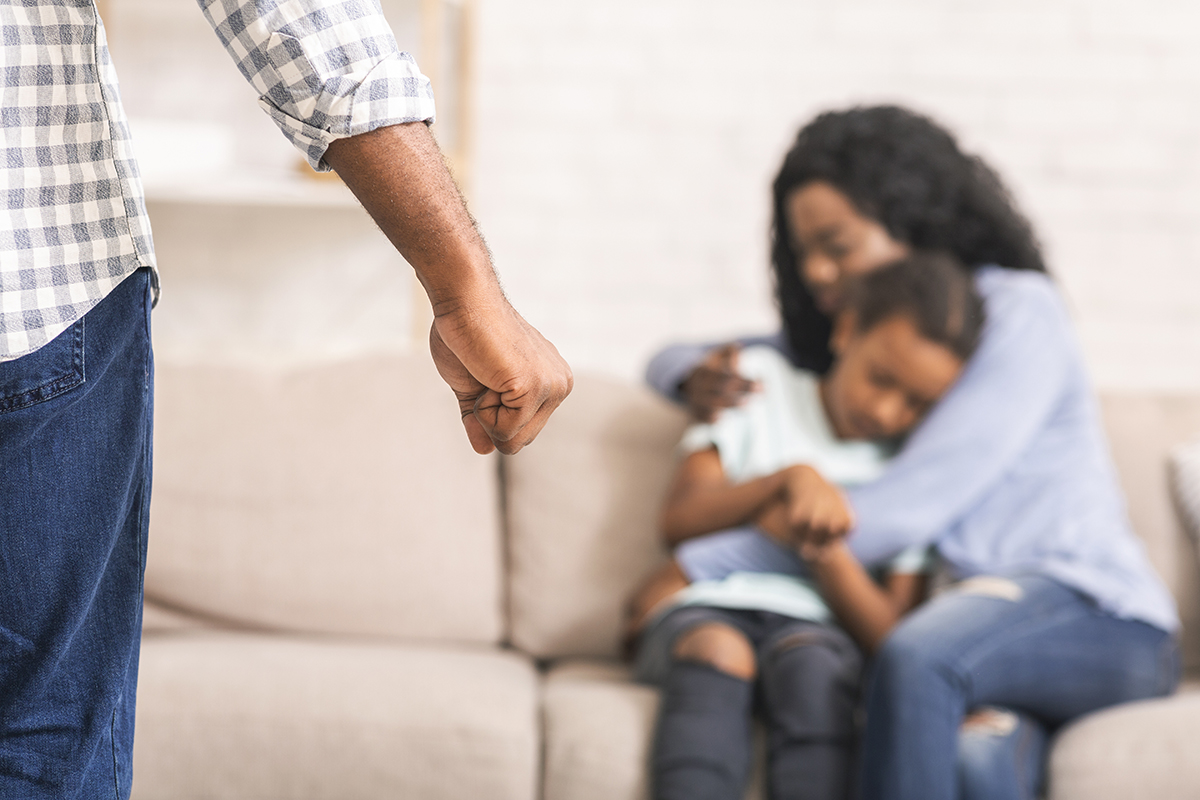
Orders of Protection
Family Law
Orders of protection are essentially a type of restraining order designed to protect people from domestic violence, stalking, and sexual assault. They are very important and are filed far more frequently than most people realize. In an order of protection, one person is ordered not to have any contact of any kind—including emails, phone calls, or face-to-face contact—with the other person.
Upon the filing of the order of protection, the paperwork will be reviewed by a judicial magistrate. If the magistrate believes that there is probable cause, then he or she will issue an ex parte order of protection that is valid for 15 days and set a court hearing during that time. Many people mistakenly believe that the ex parte order is the final order and therefore they do not need an attorney. The ex parte order is only the beginning. It is very important that you have an attorney prior to your first court date. The ex parte order is only to protect you until a trial can be held.
Most orders of protection involve allegations of violence committed by someone related by blood or marriage, a boyfriend or girlfriend (either now or previously), or even a roommate. In order to file an order of protection, you must have one of these relationships with the other party. If you are not related to the other person in one of these ways, then you cannot get an order of protection unless you are being stalked or the other party sexually assaulted you.
Orders of protection are civil and not criminal. However, they have implications that are not present in most criminal cases. For example, if you have an order of protection against you, then you cannot own a gun for one year. You do not have to sell your guns, but you will have to sign an affidavit swearing that they are being held by someone other than yourself for the year. Additionally, if the court conducts a trial, there can be a finding that a party has committed domestic abuse, which has serious consequences.
Orders of protection can have serious consequences in child custody cases because parents will frequently name their children as a protected party. In this event, it is imperative that you have an aggressive attorney because you could be prohibited from seeing your children for one year.
If an order of protection is granted in your case, the order will be effective for one year. It can be renewed for an additional year, but only upon a showing of good cause. Violations of an order of protection constitute contempt and carry up to 10 days in jail per violation. However, in some rare circumstances a violation of an order of protection can be charged as a crime—not contempt—which carries up to 11 months and 29 days in jail.
There are other types of orders of protection. For instance, you can get a social contact order of protection. These allow the parties to have contact, but the restrained party is not allowed to threaten or commit an act of violence toward the other party. There are also many other types of orders of protection in between these two extremes. For instance, the parties might agree to only have phone contact but not face-to-face contact.
If you are considering filing an order of protection, have already filed an order of protection, or had an order of protection filed against you, then please contact us immediately to schedule your free initial consultation.
